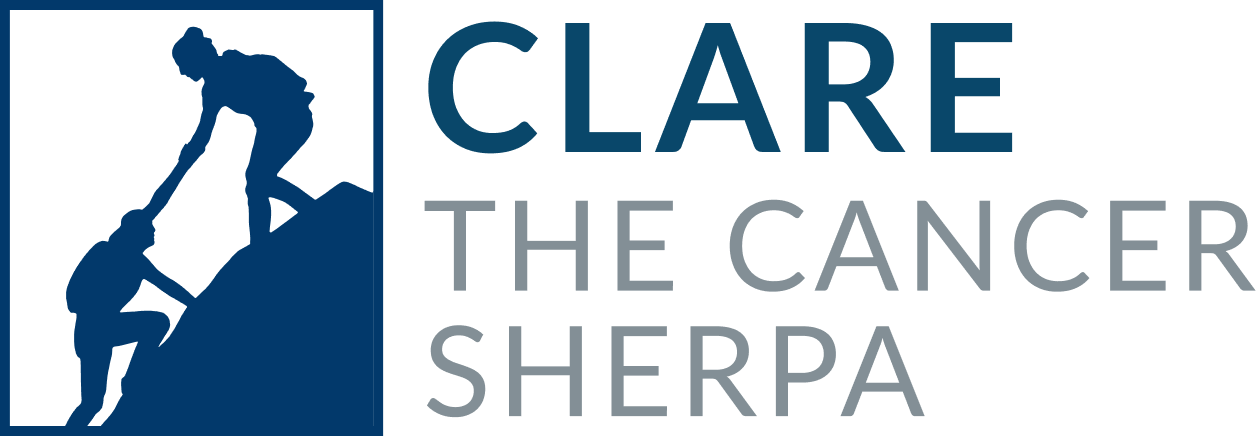If you think healthy aging is not a sexy or poignant topic, think again! If the right to exercise your individual freedom however you want for as long as you want were not paramount, America wouldn’t exist. That said, as Americans, we are all aging, and there are right and wrong ways to do it. The good news is that you are never too old, and it is never too late to make small changes that will extend your independence and life for years to come.
By 2060, almost a quarter of the U.S. population will be age 65 or older. Americans are living and will continue to live longer, but what those years look like is up to you. Actionable steps towards healthy aging are right here and are far more accessible and attainable than you think.
Independence and the Pursuit of Maintaining Your Quality of Life
According to the National Institute on Aging, the three goals for healthy aging are:
- Actively managing physical and mental health
- Live as independently as possible
- Maintain quality of life
To achieve these three goals, you need to assess the following:
- Physical health, which includes:
- Exercise and physical activity
- Making smart food choices
- Getting a good night’s sleep
- QUITTING SMOKING
- Alcohol and other substance use
- Regular doctor visits
- Mental health (emotional), such as:
- Social isolation and loneliness
- Depression and mood
- Activities and hobbies
- Cognitive health (brain function) like:
- How do current life choices prevent or contribute to the risk of dementia or Alzheimer’s
- Engagement in mentally stimulating activities
- Pursuit of learning new skills
Stay Active
Did you just roll your eyes at us? Well, you’re not alone. Only 28% of Americans meet the CDC guidelines for weekly physical activity. Whether you like it or not (and we get the not), moving is what will keep you footloose and fancy-free. While we all know exercise has many benefits, here is why you should care.
Exercise helps maintain a healthy weight and prevents obesity (which increases the risk of death and disability due to type 2 diabetes and high blood pressure) and being underweight (which increases the risk of a weakened immune system and bone fractures). It also helps to maintain muscle mass (Think Popeye, not Olive Oyl).
As mentioned, physical activity can help prevent chronic diseases including, but not limited to, type 2 diabetes, high blood pressure, osteoporosis, Alzheimer’s and dementia, and fall-related injuries (which occur in 1 in 3 adults over 65 each year).
Here’s what you can do to increase your physical activity:
- Increase your step count by
- Walking your dog or with a group
- Taking the stairs instead of the elevator
- Gardening
- Take calls and meetings, in-person or by phone, while walking or biking
- Be physically active in short spurts throughout the day
- Schedule regular exercise classes or sessions you enjoy so they become routine
Healthy Food Choices
Like exercise, eating well is not simply about controlling your weight but improving your overall physical and mental health. While we would never condemn you to a life of deprivation punctuated by whole-grain bread and water, we will ask you to incorporate certain foods to improve brain function and prevent many of the abovementioned conditions. Just know that it’s never too late to start eating healthier; if you start now, you will see a difference soon.
Here are a couple of ideas for integrating healthier foods into your daily eating pattern:
- Adopt one or two staples of the Mediterranean diet listed below to significantly lower your risk for sudden death due to heart disease:
- Each day, eat fresh fruit, vegetables, whole grains, and plant-based fats like nut butters and coconut oil
- Each week, eat fish, nuts, eggs
- Eat/drink a moderate amount of dairy products
- Limit the amount of red meat and foods with added sugar you eat
- Additionally, eat with friends and family, incorporate exercise as part of your diet, and drink wine in moderation if you want to drink alcohol.
- If your goal is to lower blood pressure, lose weight, and reduce your risk of type II diabetes, consider the DASH diet
- Yet another eating pattern that incorporates the benefits of the DASH diet with the Mediterranean model is the MIND diet
- Incorporate more fish and leafy greens regardless of whatever eating pattern/diet you choose, as it prevents many of the diseases mentioned above and slows cognitive decline
Get Enough Sleep
Night owls – a group we count ourselves among – have bad news. But don’t despair. We also have suggestions to help you get your 6-8 hours and become merely evening owls.
Here’s why you should try.
Less than 6 hours of sleep or poor sleep quality increases your risk of difficulty with daily problem-solving and concentration, Alzheimer’s, developing/worsening of depression symptoms, and even death within five years of poor sleep.
That was dark. On the bright side, getting 6-8 hours of sound sleep decreases the risk of insulin resistance (which causes type 2 diabetes), heart disease, obesity, and high blood pressure. Proper rest also increases creativity and decision-making skills.
We recognize that it can be challenging to get 6-8 hours of sound sleep as we age due to illness, pain, and side effects of certain medications, but here is what you can do despite them:
Improve your sleep hygiene:
- Get up and go to bed at the same time every day
- Turn off screens at least 30 minutes before bed
- Read (preferably something that will not keep you up or give you bad dreams)
- Avoid napping late in the day
- Exercise, but not too close to bedtime
- Try other interventions like meditation or sleep sounds/white noise machines
Quit Smoking!
You know why!
Limit Alcohol and Other Substances
Have a glass of champagne at a loved one’s wedding. Raise a glass to celebrate an old friend. Just make sure you are not finding an occasion to celebrate daily or multiple times a day (average alcohol consumption is on the rise in older adults, especially women).
Here is why you should avoid or limit alcohol consumption as you age.
Inherent physical and social changes occur as part of the aging process, making older adults more susceptible to alcohol misuse and abuse. Aging also makes us all more vulnerable to the consequences of alcohol – high blood pressure, heart disease, stroke, liver disease, digestive problems, multiple cancers, and the weakening of the immune system – to name a few. Alcohol also prematurely ages certain brain regions in alcohol-dependent men and women, and heavy drinking for extended periods in older adults leads to poor heart health.
Regarding other substances, here is why you – as an individual, caretaker, and someone who may one day need a caretaker – should be aware of the misuse or abuse of other prescribed and recreational drugs. Prescription drugs like opioids (prescribed for pain) and benzodiazepines (prescribed for anxiety and/or trouble sleeping), when misused or abused, are linked to thoughts of suicide in older adults. Recreational drugs, even legalized ones such as marijuana, can be misused, abused, or cause dangerous interactions with other prescription drugs when used as directed.
What you can do to eliminate or moderate your alcohol consumption:
- Know what your healthy limits should be (check out the current consumption guidelines)
- Be aware and check in with family and friends about the amount you are consuming
- Reach out to us, your physician, or mental healthcare professional for support
- *Other interventions for misuse or abuse of prescription drugs and use and abuse of recreational drugs require oversight from your physical and mental healthcare professionals
Proactively Manage Your Physical Health
Like quitting smoking, we don’t need to explain why we want you to see a general practitioner AT LEAST once a year.
We will, however, remind you that:
- You should find a doctor you like and trust, who listens to you and explains your health concerns to your satisfaction.
- AT LEAST once a year, your physician should:
- Perform a general checkup
- Screen for acute and chronic age-related illnesses and conditions
- Vaccinate against viruses such as the flu, COVID, RSV, and shingles
- Prescribe any necessary medication and/or physical or occupational therapy
- You should educate yourself about what age-related symptoms and conditions you can expect by entering your age and gender into the Department of Health’s MyHealthfinder
- Schedule your annual checkup on a date you will remember – your birthday, the first day of Spring, etc.
- It is essential to see a physician when you are well because if you only seek medical attention when you experience symptoms, you may lose the chance to diagnose a disease in its earliest stages when it is most treatable
There are tons of ways to improve your physical health. Instead of looking at that as an overwhelming lifestyle change, consider this: implementing just a couple of the aforementioned tips – like creating an evening routine for better sleep or slowing down on alcohol – can make a big difference. These shifts will also directly impact your mental health, which is a *huge* part of our wellbeing – and one that is finally being treated as such by leading health authorities. In our next installment, we’ll dive into the sobering stats around mental health and how you can best take care of yours.
If you’re not sure where to start in making changes for your physical health, contact us today for a complimentary consultation.


